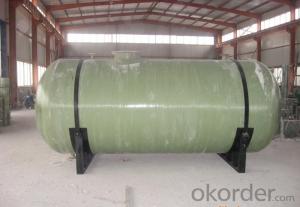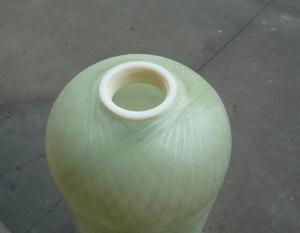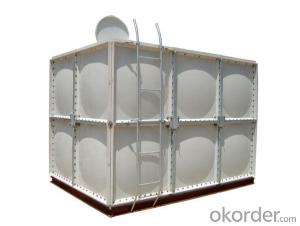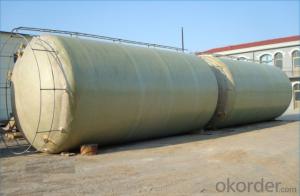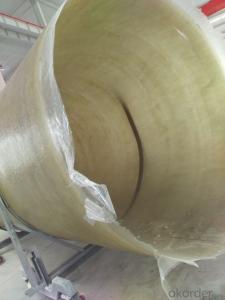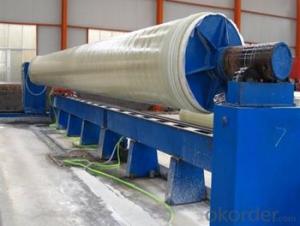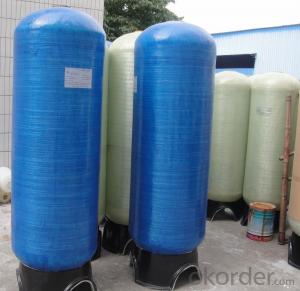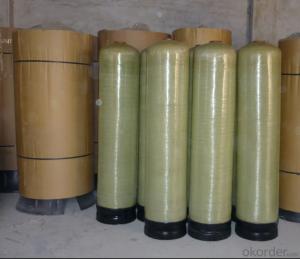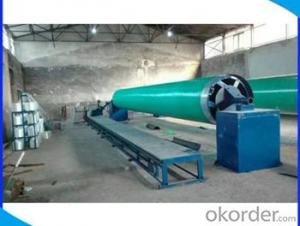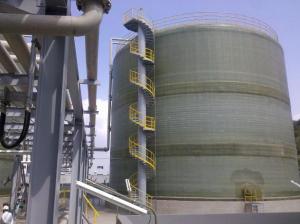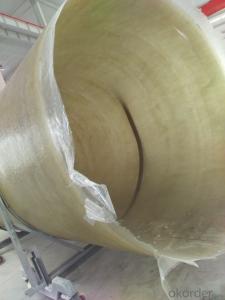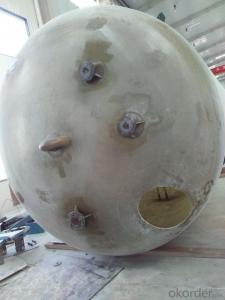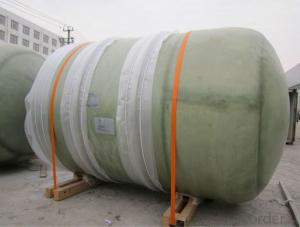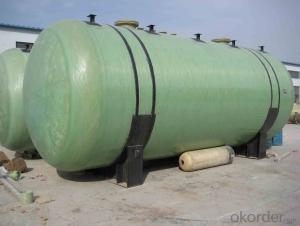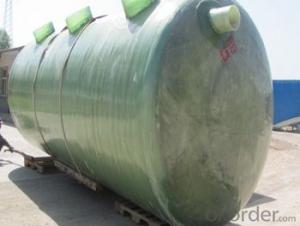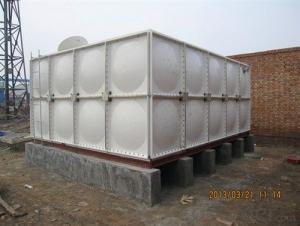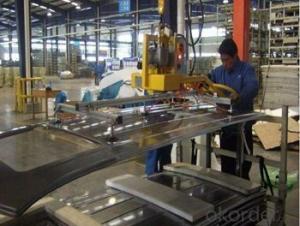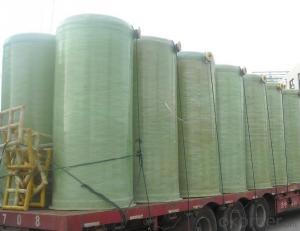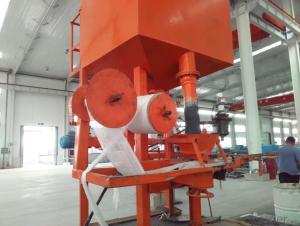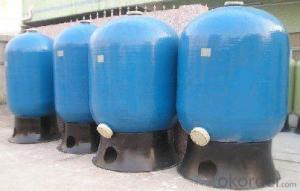All Categories
- - Steel Wire Rod
- - Steel Coils
- - Steel Profiles
- - Steel Pipes
- - Stainless Steel
- - Tinplate
- - Special Steel
- - Steel Sheets
- - Steel Rebars
- - Steel Strips
- - Hot Rolled Steel
- - Cold Rolled Steel
- - Pre-painted Steel
- - Seamless Steel Pipe
- - Welded Steel Pipe
- - Hollow Steel Tubes
- - Galvanized Pipe
- - Stainless Steel Coil
- - Stainless Steel Sheet
- - Stainless Steel Plate
- - Stainless Steel Strips
- - Electrolytic Tinplate Coil
- - Electrolytic Tinplate Sheet
- - Stainless Steel Rebars
- - Solar Panels
- - Solar Water Heater
- - Solar Related Products
- - Solar Inverter
- - Solar Cells
- - Solar Light
- - Solar Energy Systems
- - Solar Controllers
- - Solar Mounting System
- - Solar Pump
- - Solar Chargers
- - Fiberglass Chopped Strand
- - Fiberglass Mesh Cloth
- - Composite Pipes
- - FRP Pultrusion Profiles
- - Fiberglass Mat Tissue
- - Fiberglass Fabrics
- - Fiberglass Mesh
- - Composite Tank
- - Fiberglass Mesh tape
- - Polymer
- - FRP Roofing Panel
- - Fiberglass Roving
- - Monolithic Refractories
- - Ceramic Fiber Products
- - Refractory Bricks
- - Raw Materials For Refractory
- - Suspended Platform
- - Cranes
- - Concrete Machinery
- - Earthmoving Machinery
- - Building Hoist
- - Road Building Machinery
- - Plastic Pipe Fittings
- - Plastic Tubes
- - Plastic Sheets
- - Agricultural Plastic Products
- - Plastic Nets
 All Categories
All Categories
Q & A
Are there any limitations in the use of composite tanks for storing highly volatile liquids?
Yes, there are limitations in the use of composite tanks for storing highly volatile liquids. Composite tanks, typically made from materials such as fiberglass or carbon fiber, have certain drawbacks when it comes to storing highly volatile liquids. These limitations include the potential for permeation or leakage of the liquid through the composite material, which can pose safety hazards and environmental risks. Additionally, composite tanks may have lower resistance to extreme temperatures or pressure, which can compromise their structural integrity and increase the risk of tank failure. Therefore, it is essential to carefully consider these limitations and assess the suitability of composite tanks for storing highly volatile liquids, ensuring compliance with safety regulations and industry standards.
What is the thermal expansion coefficient of composite tank materials?
The thermal expansion coefficient of composite tank materials varies depending on the specific composition and construction of the material.
What are the advantages of using composite materials in tank construction?
Composite materials offer numerous advantages for tank construction. Firstly, they possess high strength-to-weight ratio, making them significantly lighter than traditional materials like steel. This allows for easier transportation, installation, and reduced foundation requirements. Secondly, composites are non-corrosive, eliminating the need for expensive and time-consuming maintenance associated with rust-prone metals. Additionally, these materials have excellent resistance to chemicals, making them ideal for storing hazardous substances. Moreover, composites offer design flexibility, enabling tanks to be customized to meet specific requirements, such as shape, size, and capacity. Lastly, composite tanks can have insulation properties, maintaining stable temperatures and reducing energy consumption. Overall, the use of composite materials in tank construction provides durability, efficiency, and cost-effectiveness.
What is the environmental impact of manufacturing composite tanks?
The environmental impact of manufacturing composite tanks can vary depending on several factors. Composite tanks, which are typically made from a combination of materials such as fiberglass, carbon fiber, and resins, offer several environmental benefits compared to traditional metal tanks. Firstly, composite tanks are lighter, resulting in reduced energy consumption during transportation. Additionally, the manufacturing process of composites generally requires less energy and emits fewer greenhouse gases compared to metal fabrication. However, the production of composites still involves some environmental challenges. The extraction and processing of raw materials used in composites can have an impact on ecosystems, and the disposal of waste materials from manufacturing processes can also be a concern. Furthermore, the use of certain resins and chemicals in the production of composites may have potential negative effects on the environment if not properly managed. Therefore, while composite tanks offer certain advantages, it is crucial to ensure that their production is carried out using sustainable practices and that any potential environmental impacts are effectively mitigated.
Wholesale Composite Tank from supplier in America
Our team of experts is dedicated to understanding your specific requirements and providing customized solutions for your Composite Tank needs. Whether you are looking for storage tanks, pressure vessels, or any other type of Composite Tank, we have the expertise and resources to fulfill your demands.
Our sales team is committed to providing exceptional customer service, assisting you throughout the entire purchasing process. We strive to offer competitive prices and timely quotations, ensuring that you receive the best value for your investment.
Moreover, we understand the importance of technical support in the successful implementation of your projects. Our knowledgeable technical team is available to answer any queries, provide guidance, and offer solutions to any challenges you may face. We aim to be your trusted partner in achieving your project goals.
Being a subsidiary platform under CNBM, a globally renowned Fortune Global 500 organization, we have access to a vast network of resources and expertise. This affiliation enables us to deliver efficient and convenient one-stop procurement services for Composite Tanks across America.
Our company takes pride in our extensive product range, which includes tanks made from high-quality composite materials such as fiberglass and carbon fiber. These tanks offer numerous advantages, including corrosion resistance, lightweight design, and durability. We are confident in the quality and reliability of our products, as they are manufactured to meet international standards and undergo rigorous testing.
With our years of experience in the American market, we understand the unique requirements and regulations of various industries. Whether you are in the oil and gas, chemical, water treatment, or any other industry, we have the knowledge and expertise to provide tailored solutions that meet your specific needs.
In summary, as a supplier of Composite Tanks in the American market, we offer comprehensive services including sales, quotations, and technical support. Our association with CNBM allows us to provide convenient one-stop procurement services. With our extensive product range and expertise in the American market, we are committed to delivering successful outcomes for your projects. Contact us today to learn more about how we can assist you with your Composite Tank needs.
Our sales team is committed to providing exceptional customer service, assisting you throughout the entire purchasing process. We strive to offer competitive prices and timely quotations, ensuring that you receive the best value for your investment.
Moreover, we understand the importance of technical support in the successful implementation of your projects. Our knowledgeable technical team is available to answer any queries, provide guidance, and offer solutions to any challenges you may face. We aim to be your trusted partner in achieving your project goals.
Being a subsidiary platform under CNBM, a globally renowned Fortune Global 500 organization, we have access to a vast network of resources and expertise. This affiliation enables us to deliver efficient and convenient one-stop procurement services for Composite Tanks across America.
Our company takes pride in our extensive product range, which includes tanks made from high-quality composite materials such as fiberglass and carbon fiber. These tanks offer numerous advantages, including corrosion resistance, lightweight design, and durability. We are confident in the quality and reliability of our products, as they are manufactured to meet international standards and undergo rigorous testing.
With our years of experience in the American market, we understand the unique requirements and regulations of various industries. Whether you are in the oil and gas, chemical, water treatment, or any other industry, we have the knowledge and expertise to provide tailored solutions that meet your specific needs.
In summary, as a supplier of Composite Tanks in the American market, we offer comprehensive services including sales, quotations, and technical support. Our association with CNBM allows us to provide convenient one-stop procurement services. With our extensive product range and expertise in the American market, we are committed to delivering successful outcomes for your projects. Contact us today to learn more about how we can assist you with your Composite Tank needs.
